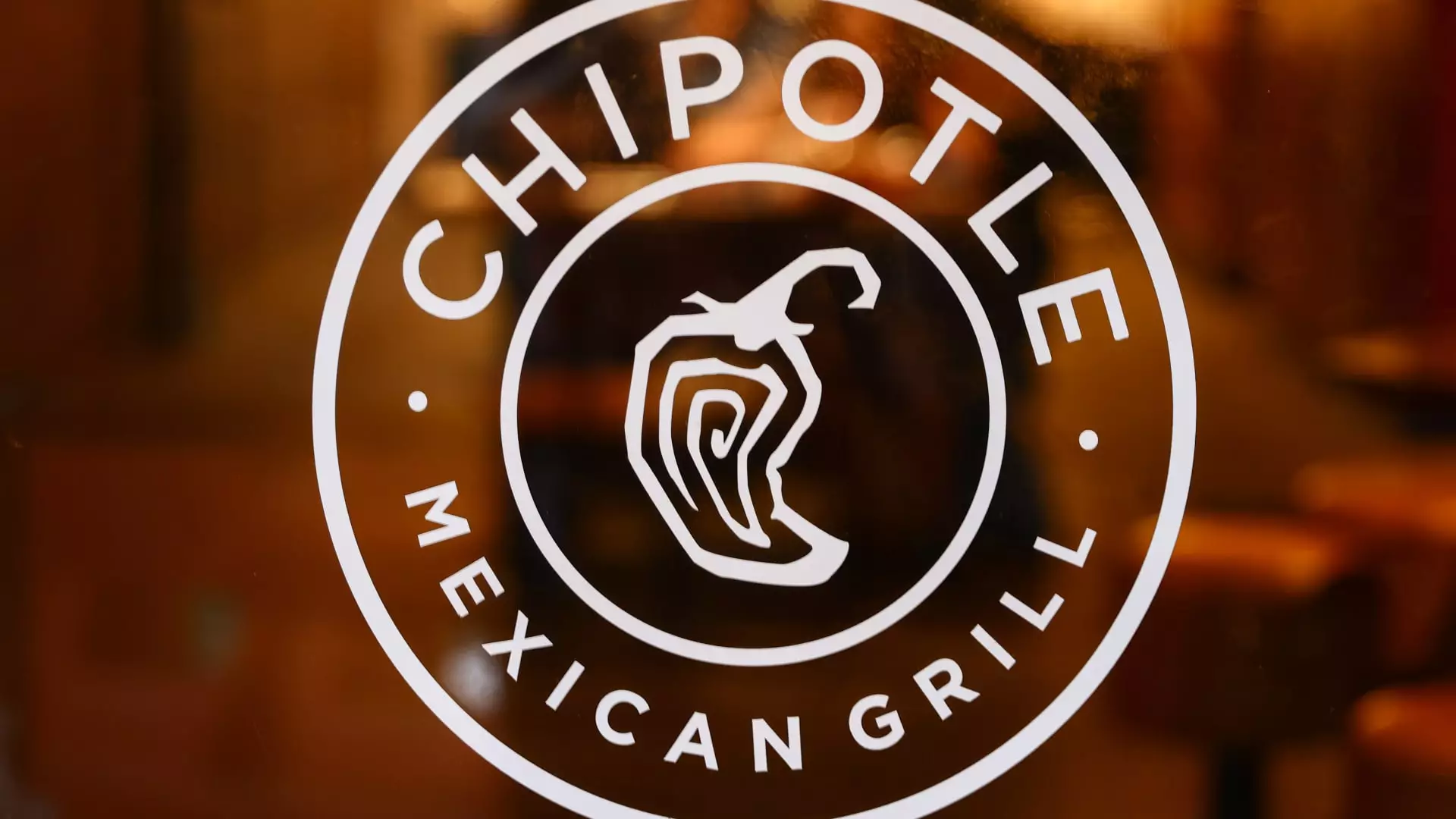As Chipotle Mexican Grill gears up to cross the border into Mexico, where it will launch its first store in 2026, the company is courting catastrophe. This expansion might appear to be the next logical step in its quest for international growth, but a deeper examination reveals an array of challenges that could thwart its ambition. With the ever-watchful lens of economic tensions and cultural dissonance scrutinizing its every move, Chipotle could be stepping onto a minefield.
Unfavorable Political Climate
The timing of Chipotle’s expansion is rather questionable. Amid an ongoing trade war instigated by former President Trump, the diplomatic relationship between the United States and Mexico hangs in a precarious balance. Tariffs, such as the troublesome 25% on avocados, initially threatened the most integral ingredient in Chipotle’s menu. Although these tariffs were paused, any resurgence in hostility could jeopardize the supply chain, ultimately impacting pricing and availability of essential goods. Chipotle’s reliance on Mexican supplies—around half of their avocados—is a risky gamble when geopolitical dynamics are so volatile.
Consumer Perceptions Matter
While Chipotle’s executives, especially Chief Business Development Officer Nate Lawton, seem overly optimistic about Mexican consumers’ acceptance of their offerings, we cannot ignore the glaring reality: U.S.-style Mexican food is far from par for the course in its country of origin. The company’s past international ventures illustrate that adapting to local taste preferences is crucial for success, a lesson that Taco Bell learned the hard way during its failed attempts in the Mexican market. If Chipotle cannot effectively localize its menu, they risk alienating a customer base well-versed in what real Mexican cuisine should taste like.
Brand Image versus Authenticity
Unlike its previous expansions into Canada and Europe, where American-style fast-casual dining holds more appeal, Mexico’s deep-rooted culinary culture poses an existential threat to Chipotle’s brand identity. Mexican consumers pride themselves on authentic, traditional flavors, and it is here that Chipotle might falter. The mission of the brand—to serve “Food with Integrity”—may come across as contrived and patronizing when evaluated against a backdrop of genuine Mexican culinary artistry. Authenticity isn’t just preferred; it is expected.
The Example of Past Failures
Historical precedents inform our expectations. Chipotle isn’t the first American fast-food chain to misjudge the Mexican market. Previous failures from recognizable names like Taco Bell remind us that simply bringing American adaptations of Mexican cuisine doesn’t guarantee success. Rather than winning over Mexican consumers with its concept of fresh ingredients and fast service, Chipotle could find itself embroiled in a public relations crisis, struggling to earn acceptance and respect in a market that is deeply connected to its culinary roots.
While the strategic foresight behind opening a restaurant in Mexico may seem commendable, the hurdles ahead are significant. Chipotle needs to reconsider whether its adventurous leap into unfamiliar territory will land it in success or, more likely, in the annals of business miscalculations. The stakes are high, and the consequences of failure could tarnish its brand reputation indefinitely.


Leave a Reply